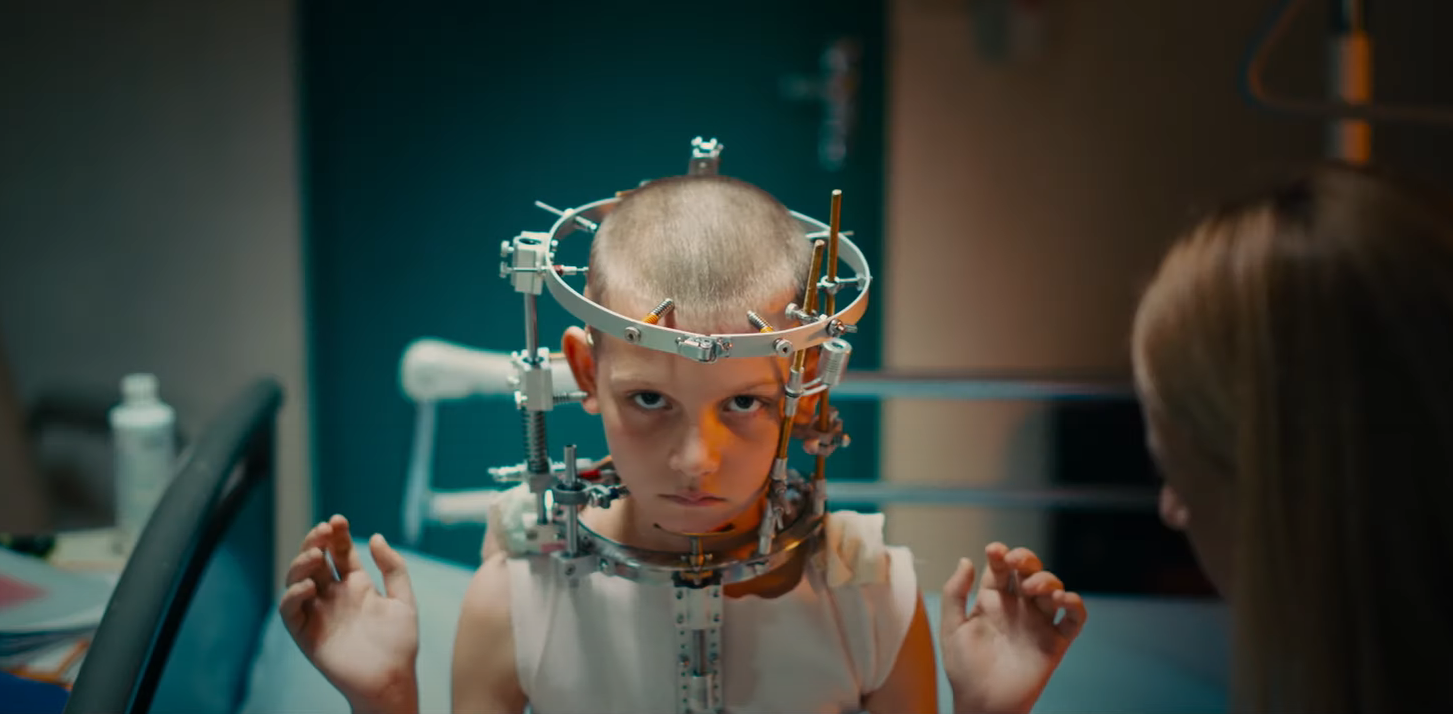

Julia Ducournau: I think what links both scenes, and what I’ve always had in my head, is that Alexia’s reason for being violent was when someone was getting too close. Was the intention here to portray Alexia as completely ruthless, to break down the expectations we may have of her character? The next time she is violent, it seems much more random. Hannah Holway: The first time we see Alexia being violent, it’s ‘justified’ almost through the fact it seems retributive it’s a reaction to someone harming her.
#Julia ducournau titane trailer serial#
A full-throttle thriller centred around Alexia (Agathe Rousselle), a showgirl-assassin with a titanium plate fitted in her skull due to a childhood accident, Titane may feature car fucking, serial killing and a spontaneous nose-breaking, but scratch at the layers Ducournau references, and there lies a story of love, loneliness, and identity.

It’s a term she actively rejects, preferring instead to see her films as studies in humanity, its often ugly complexities, and the ways in which we contort ourselves as we search for intimacy and connection. Since then, Ducournau has carved a space for herself within a recent wave of women-directed horror films, from 2017’s Revenge to 2021’s Censor, which move beyond the oft-exploitative confines of the Final Girl trope to centre complicated, ‘monstrous’ women and their stories.īoth Raw and the director’s Palme D’or-winning latest, Titane, can be viewed as portraits of female sexuality, darkly comic horror stories, and boundary-pushing coming-of-age tales but don’t call Julia Ducournau a provocateur. When French writer-director Julia Ducournau’s debut feature film, Raw, was released in 2017, reports of extreme bodily reactions (fainting, vomiting) at screenings almost overshadowed the subversive, shocking and relatable power of her cannibal-body-horror.


 0 kommentar(er)
0 kommentar(er)
